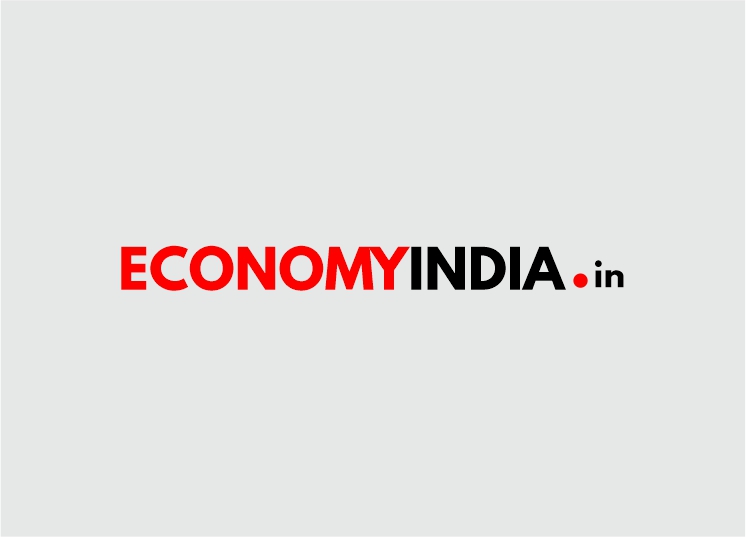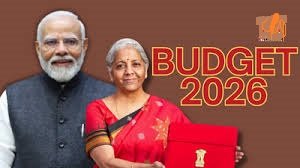According to a report in Economic Times, After a rumpled start in FY 21-22 due to the second wave of COVID-19, the consumer market sector began to pick up during second half of the year. According to the Confederation of All India Traders (CAIT), retail buying during the Diwali season nearly doubled to approximately Rs 1.25 lakh crores vis-à-vis the previous year. However, with surging cases of the new Omicron variant, the sector has been put back on survival mode. On the other hand, the rising input costs pertaining to packaging material, labour, and freight have begun to shrink the margins of consumer goods companies. With this backdrop, the sector is looking forward to the upcoming Budget 2022-23 with high expectations.
The industry would keep an eye out for relaxation in respect of the production targets prescribed in recently introduced Production Linked Incentive Schemes for white goods, food, and textile. The said scheme was introduced by the Government to boost the indigenous production of various goods.
GST Tax Rate
Given that the production may see a decline due to present and proposed lockdowns and curfews, the industry may seek out relaxation in the production targets which are required to be met under the said scheme. Similarly, the retail industry may seek an extension of the time limit for setting up manufacturing units to avail lower corporate tax rate under Sec 115BAB of Income Tax Act 1961, which presently stands on 31 March 2023, the report said.
Secondly, it is imperative for the government to rethink on implementation of stricter provisions under GST like 100% input tax credit reconciliation, recovery proceedings due to mismatch in returns without the issuance of notice, etc., which adversely impact the working capital position for an already distressed sector.
Further, clarity/relaxation on issues like input tax credit restrictions on promotional items, samples, employee insurance, de-linking of secondary discounts with the terms of the agreement, etc. is some other areas where the industry is hoping for some favourable announcements. Removal of blockage of input GST tax costs on construction, renovation of shops, warehouses has been a long-pending demand of the sector. Accordingly, any announcement allowing deduction of tax cost on construction against output GST would be most welcomed by the industry, the report said.
Digital Infrastructure
Transitional credits and frequent changes in tax rates have paved the way for anti-profiteering issues in the retail sector. Further, most companies have not been able to directly pass the benefits to customers. With the further extension of the tenure of anti-profiteering provisions, ambiguity on how to compute and determine the manufacturer’s profit would continue to discomfort the industry. Clarity on this aspect could lead to allaying the fears of the industry of any unwarranted enquires, proceedings by authorities.
The recently introduced provision requiring food aggregators to collect and deposit GST on deliveries effected through their platform has added to the woes of companies operating in this segment. Although certain clarifications were issued in this regard, the industry may require transitional relief in implementing the said provisions.
The government’s focus on improving digital infrastructure across the country and working towards improving connectivity in rural areas will help drive growth and make rural the big battleground for consumer companies.
Consumer-Oriented Population in India
Lastly, no budget is complete without MSMEs and support for the overall retail landscape. With changing rules of businesses, omnichannel retailing and last-mile deliveries being critical cogs in retail, the government should consider these sectoral issues and provide investments in developing supply and delivery infrastructure. MSMEs continue to be the backbone for economic growth.
In a bid to boost local manufacturing and promoting self-reliance, we could expect the budget to focus on growth of small and medium enterprises as they can support the nation’s need to generate significant employment. Enabling entrepreneurship is key. To boost the startup ecosystem, the government may look to liberalise the start-up regime further in context of tax benefits, eligibility conditions etc. Moreover, we could expect certain relief packages or lower interest on capital for start-ups, the report said.
Given the consumer-oriented population in India, the right impetus from the government will certainly help the consumer markets sector realise its potential and perform as one of the most potent growth levers for the Indian economy. And to realise this objective, the upcoming Budget provides the government with a wonderful opportunity to announce measures which can pave the way for the sector to spread its wings and fire its growth engines to full throttle.
In summary, the government should look at devising measures to revive consumption for economic growth. Increasing investments in infrastructure development, skill upgrading, digital augmentation, job creation, and MSME development could help reignite consumption in the economy. We sense a budget that is supportive of this sector, thereby helping consumer-facing companies thrive and drive India’s consumption economy. (Economic Times)













